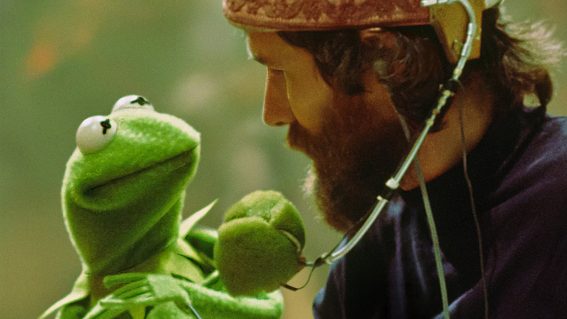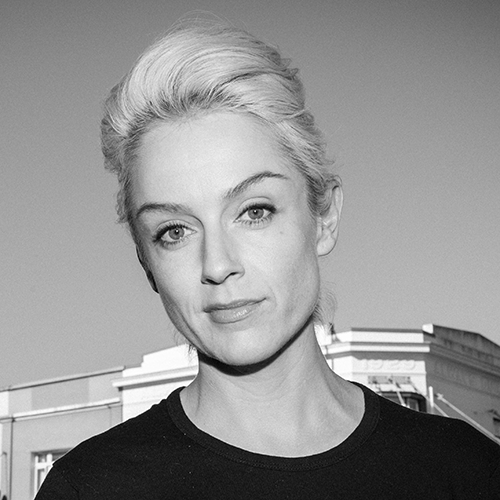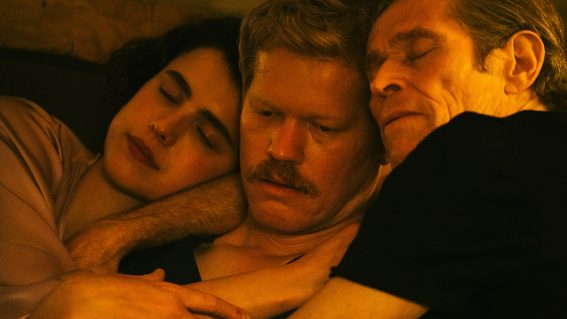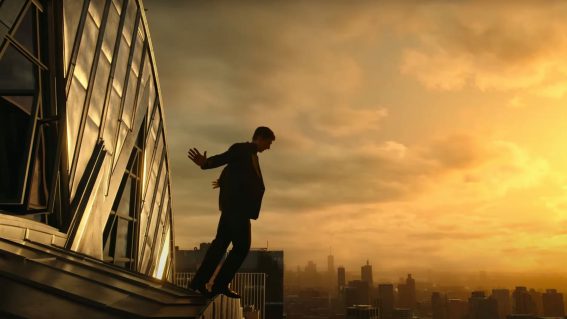Eric’s puppets are cool, its sprawling portrait of 80s New York even more so
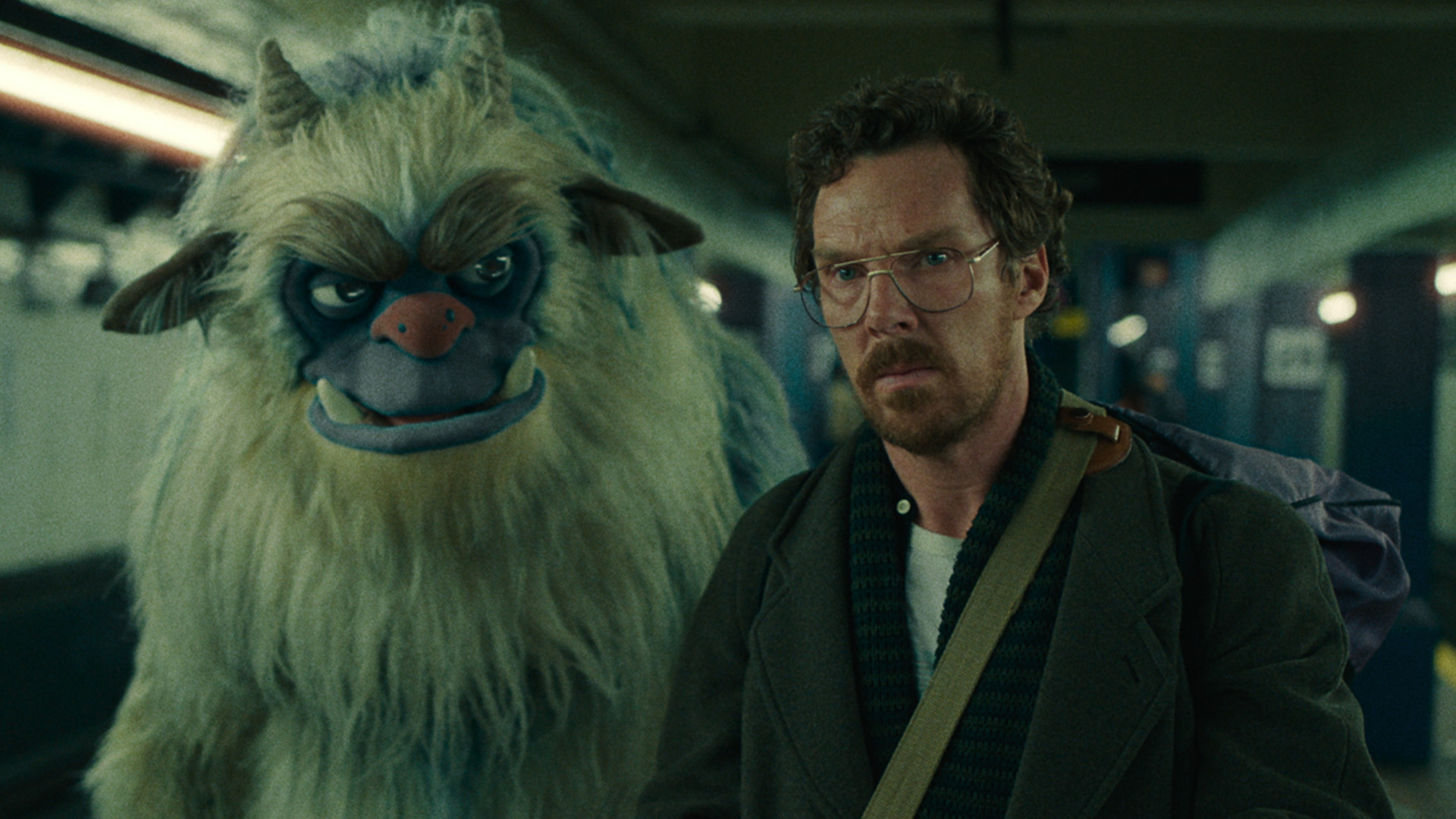
A puppeteer parent goes off the deep end when his kid goes missing in new Netflix series Eric. With top-notch performances and world-building bringing to life so many elements of 1980s New York it exceeds expectations, says Steve Newall.
It’s impossible to keep track of how many times we’ve heard “New York is like another character” about a movie or TV show (a Slate feature did a good job of digging into this very topic a decade ago). New Netflix limited series drama Eric is a rare example of this cliché actually working out on screen, with the Big Apple of the 1980s feeling like a living, breathing entity here—one that provides a grimy, tangible foundation to Eric, and connects what could otherwise be an awkward collection of storylines and themes.
At its core, Eric is a crime drama infused with a domestic one. A fractured marriage between already scrapping spouses Vincent and Cassie (Benedict Cumberbatch and Gaby Hoffmann, both excellent here) descends into darkness when their son Edgar disappears one morning as he walks to school. But, as the marketing and trailer emphasise, another central element to the narrative is Vincent’s work as a puppeteer, mirrored in young Edgar’s own creative impulses.
Vincent is the irascible creator of Good Day Sunshine, a show that looks very much cut from the Henson cloth/felt. A lot of attention to detail has gone into the technical aspects of puppetry, with Cumberbatch and his castmates doing a convincing enough job performing the characters. More to the point, the puppets themselves, the set and the workshop all ring so true, you’d think the germ for this show came from someone Henson-affiliated. Unlike Jim, Vincent is on the same trajectory with his work as in his marriage, strangling his relationships with fellow performers and the network with drinking, anger, and a lack of empathy.
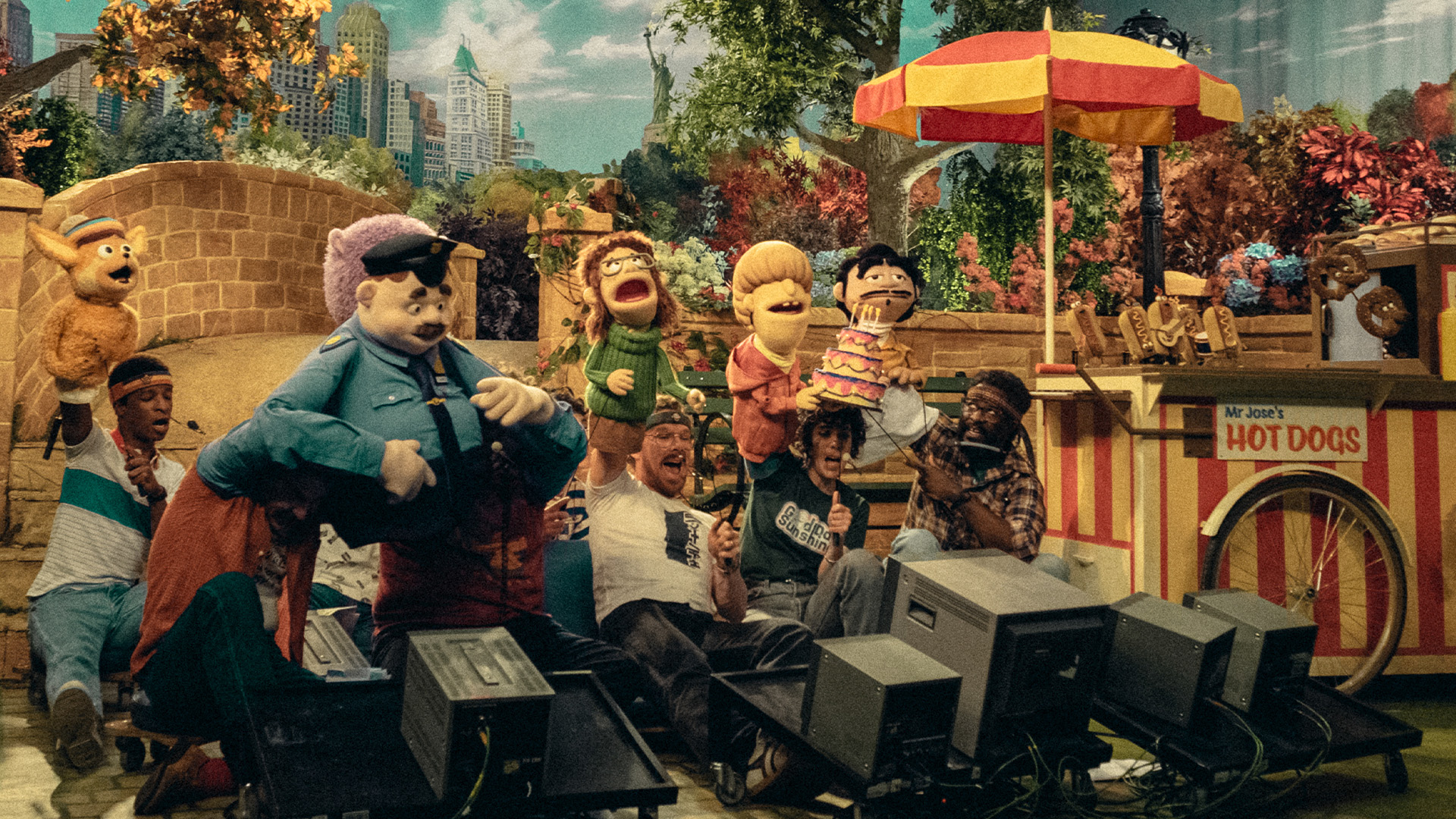
After Edgar goes missing, Vincent discovers his kid’s drawings of a character called Eric. Convinced bringing the furry character to life will in turn bring Edgar back to him, Vincent clings increasingly desperately that making a practical version of Eric for Good Day Sunshine will be the signal his son is waiting for before returning home.
What we twig to before Vincent does, is that Eric is a physical manifestation of all his own worst qualities, as experienced through the eyes of his child. So when Vincent starts hearing Eric talking to him, and seeing him even though no one else does, this clearly isn’t a case of a cute imaginary friend.
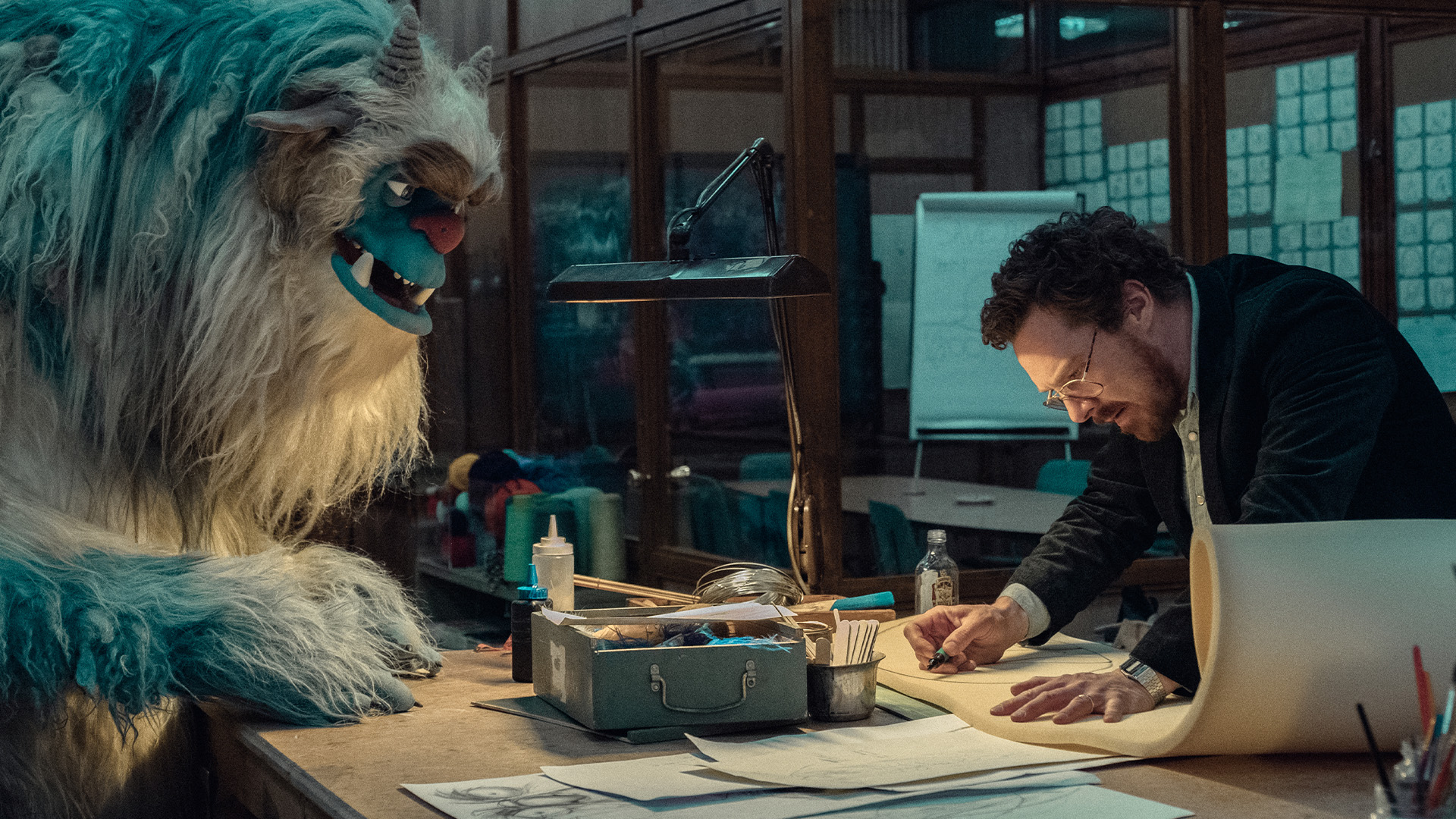
In most circumstances, this would be plenty for a show to balance—an artist experiencing mental deterioration, juxtaposing the wholesome world of puppetry with a gritty crime drama. But rather than a serious version of the sort of R-rated puppet “comedies” that pop their heads up with disappointing results every few years (including Henson son Brian’s dire The Happytime Murders), the puppetry element of Eric is far from all it has going for it.
Eric’s Welsh screenwriter Abi Morgan spent formative time in New York during the 80s, and here has made ambitious connections between seemingly disparate elements of the city—making this far more a New York story than a puppet one. Good Day Sunshine fits here, because New York in the 80s was where Jim Henson was based (there’s a reason Eric’s show-within-a-show feels so Sesame Street-adjacent)—but it was also a city with rubbish strewn on the streets from garbage strikes and homeless communities living in the subways. The AIDS epidemic was devastating the city, with rampant homophobia and racism running alongside it.
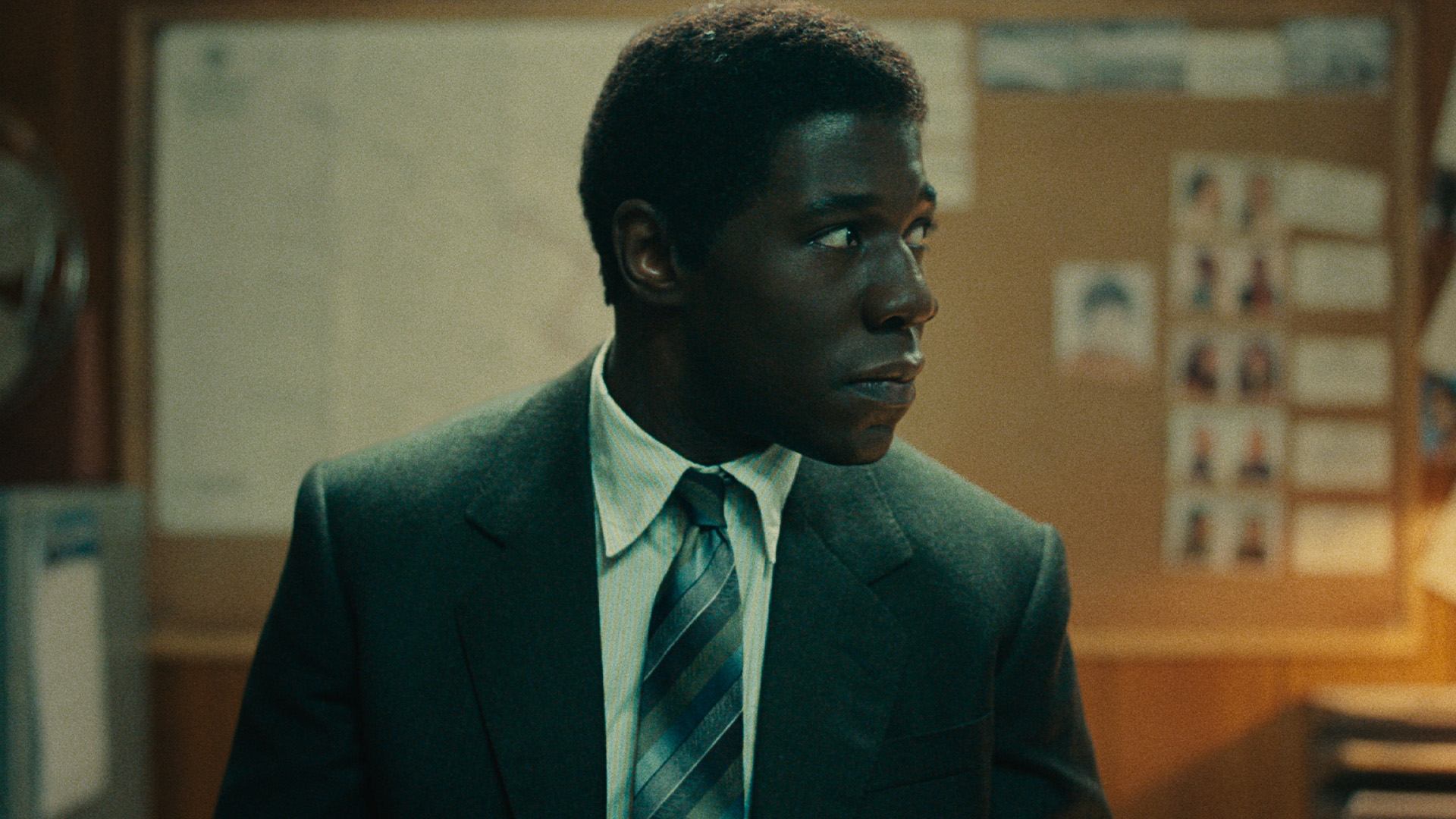
We’re left in no doubt of the reasons that lead investigator in Edgar’s disappearance, Michael Ledroit (McKinley Belcher III, another very strong performance), has for staying closeted while working as a NYPD detective. Homophobic epithets are tossed around as it’s made clear that gay lives do not matter to cops, and nor for that matter do black lives either—they’d rather scapegoat the vulnerable than demonstrate compassion. Ledroit struggles to balance his secret private life, living with a partner dying of AIDS, with the demands of the case—but New York’s political and police corruption add additional pressures.
Somehow Morgan, director Lucy Forbes and producer Holly Pullinger have managed to cover this disparate terrain in just six episodes. It’s even more remarkable since they’re from the other side of the Atlantic, with much more Brit-centric shows The Hour and This Is Going To Hurt in their rearview.
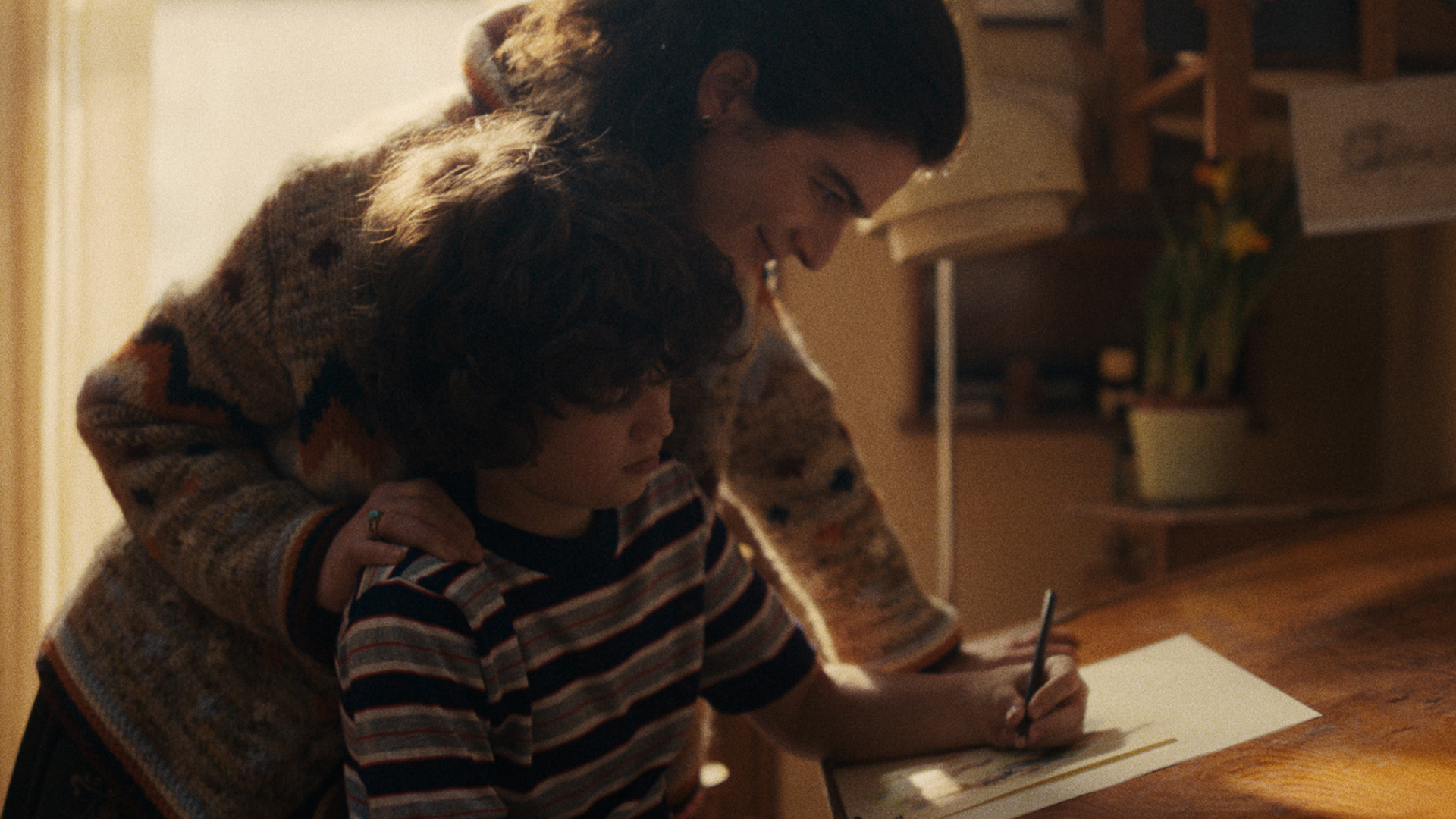
Does Eric try to do too much? Perhaps—but its ambitious and hectic depiction of a city in multiple crises feels, as do Edgar’s drawings of Eric, like how the intensity of NYC could sear itself on impressionable visitor Morgan. Certainly, this is much more interesting a show than if it had just concentrated on Vincent and his impressively realised walkabout puppet companion (even if the resolution to the puppet part of the narrative feels a little forced).
With top-notch performances and world-building, Eric exceeds expectations—especially if “puppets doing shocking stuff” was what you anticipated.







